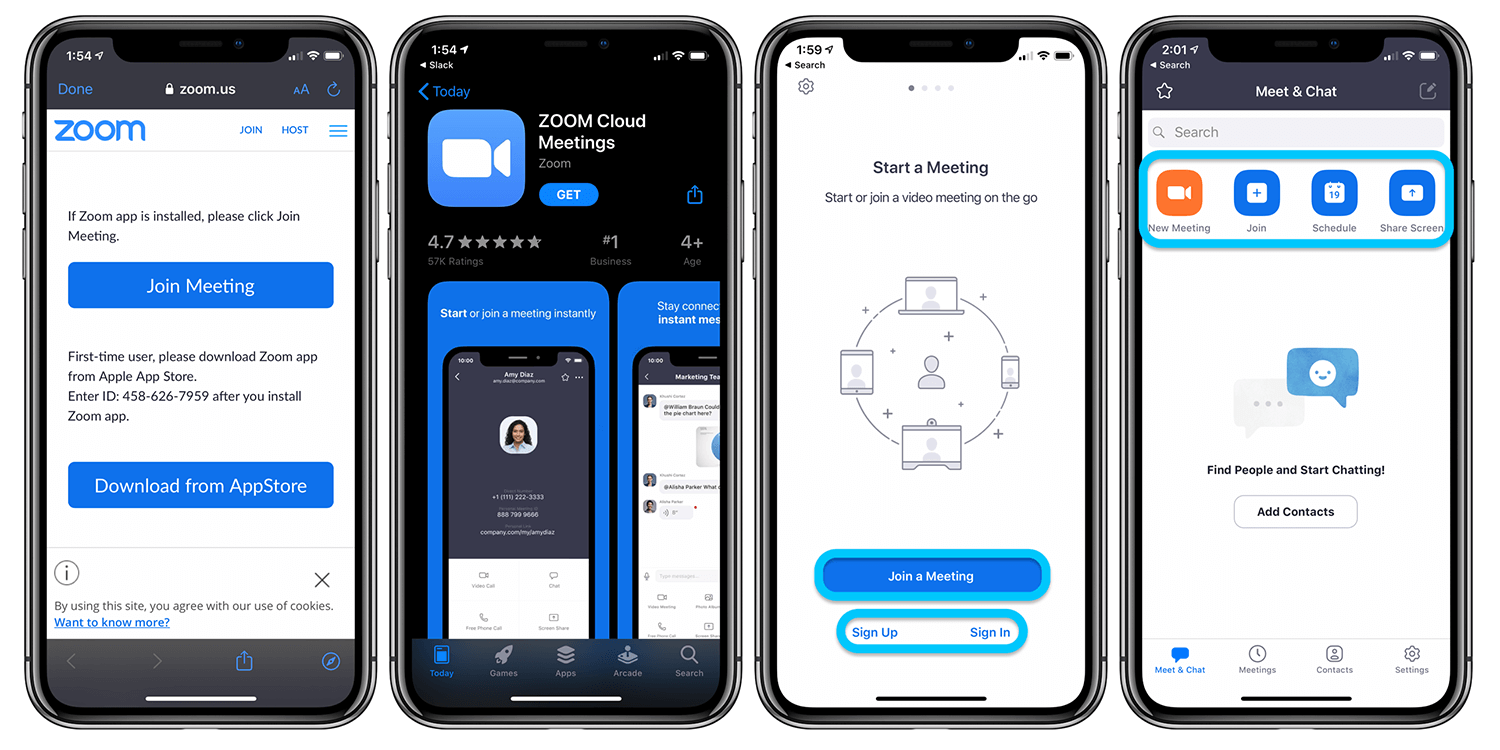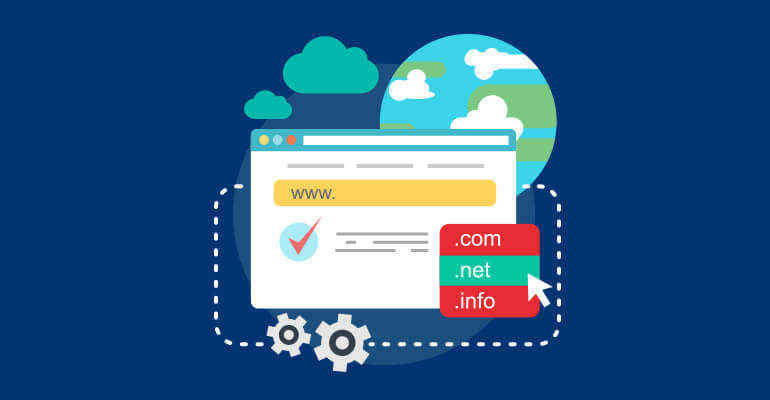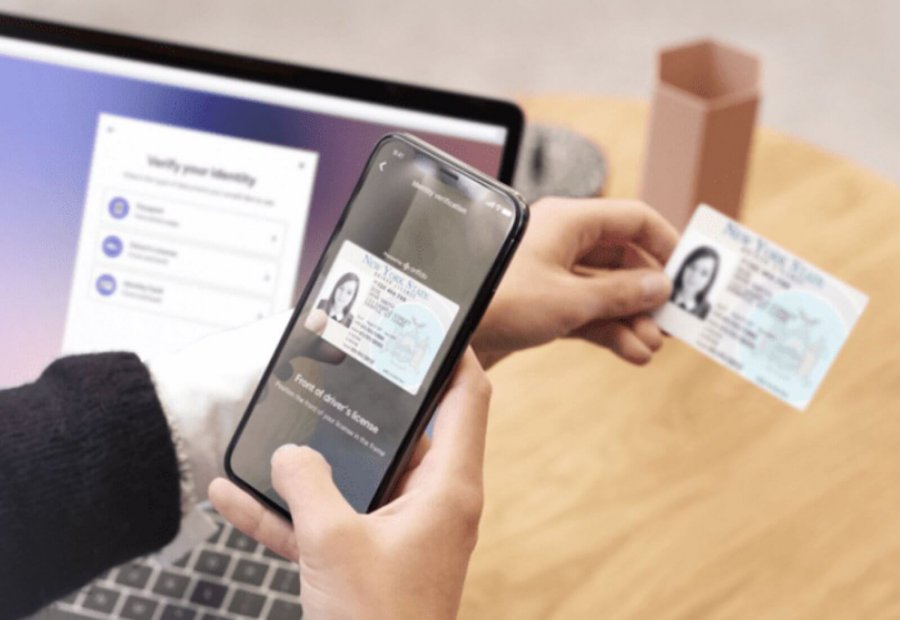The coronavirus outbreak has forced workers and students around the world to turn to educational and job alternatives online. Zoom, the app for video conferencing, is one of the software that has exploded in popularity during the outbreak.
Recent research, however, has reported that Zoom meetings are not as secure as advertised because they do not end up with encryption despite their marketing material claiming that they are doing so.
End-to-end encryption usually ensures that no intruder has access to any conversation inside the app, but it appears that Zoom uses its own term description. As it turns out, Zoom itself has access to both video and audio being continuously exchanged at a meeting.
This form of encryption is referred to as transportation encryption and is different from E2E. It ensures that Zoom’s audio and video content will remain secret from anyone spying on the WiFi but will not be secret to the client. Zoom does say, however, that they do not have access to or sell personal data about users.
Although Zoom offers usability reliability, the fact that they lack E2E despite boldly promoting it all over the world raises a great deal of concern for millions of users around the globe relying on the platform for their work.
A spokesperson for Zoom said when reaching out for comment:
Currently, it is not possible to enable E2E encryption for Zoom video meetings. Zoom video meetings use a combination of TCP and UDP. TCP connections are made using TLS and UDP connections are encrypted with AES using a key negotiated over a TLS connection.


























Leave a Reply